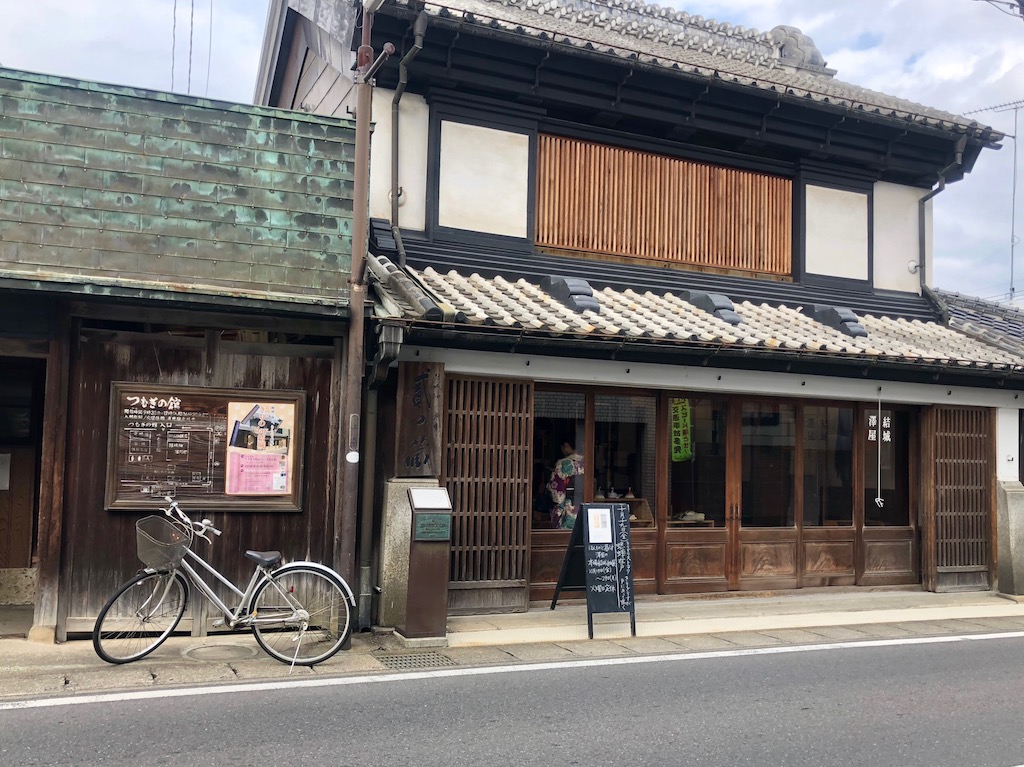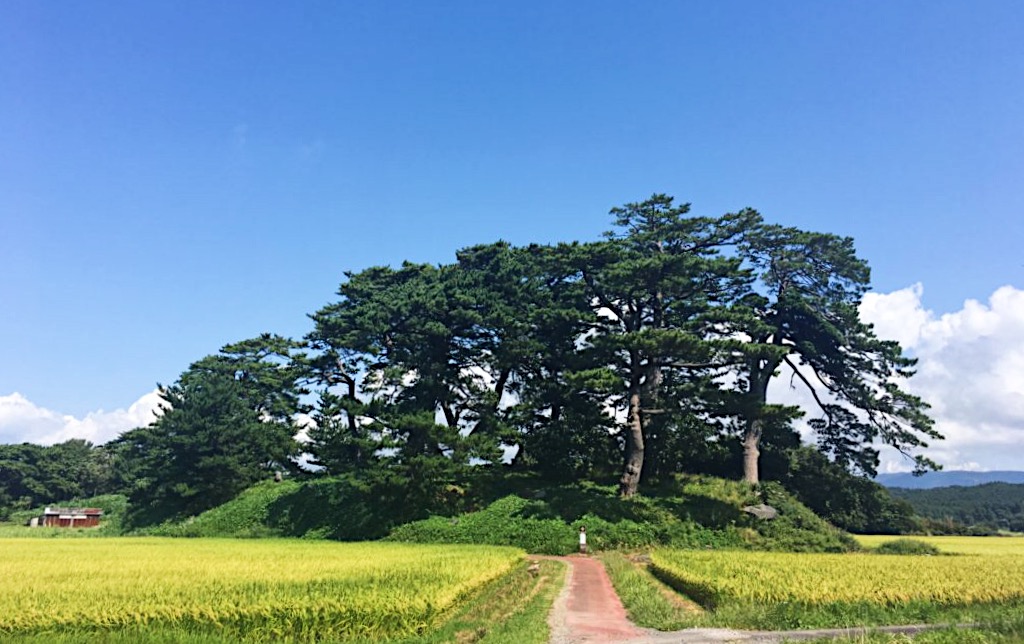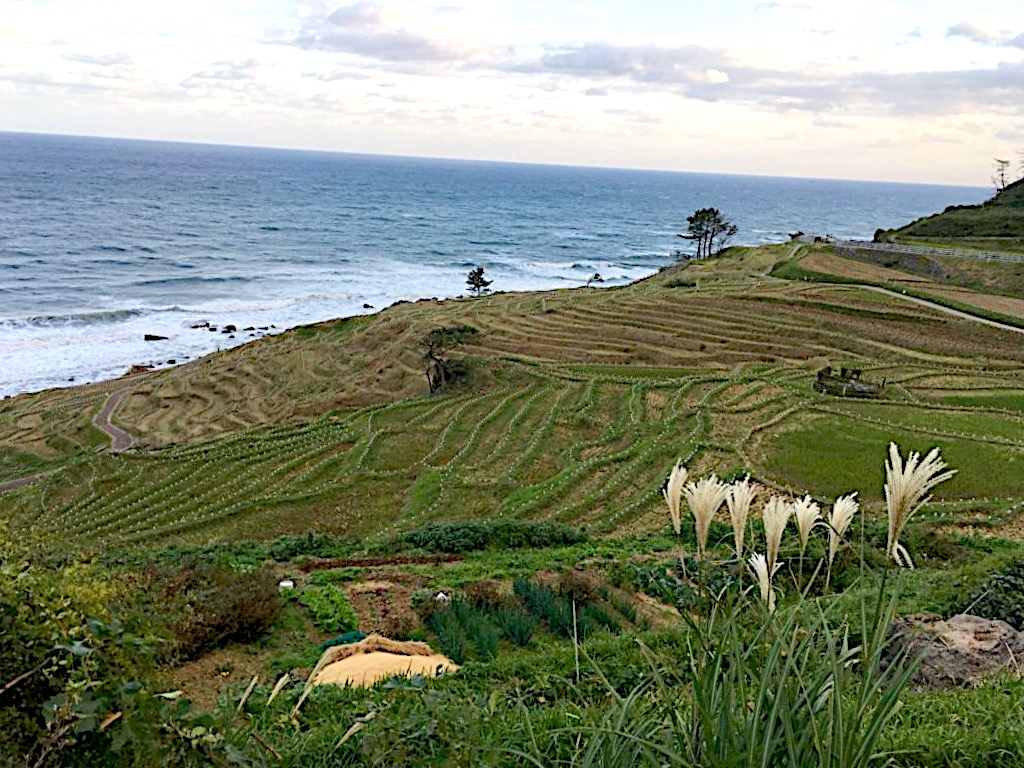“紬 Tsumugi” is one of Japan’s most popular silk fabrics and has been produced for centuries.
There are several silk production areas in Japan, and Yuki City in Ibaraki Prefecture is one of them. In Yuki City, there is a facility called “Tsumugi no Yakata (Yuki Tsumugi Museum)” where you can actually see and experience what Tsumugi pongee is all about.
This article introduces the “つむぎの館 (Yuki Tsumugi Museum)”, “紬の里 (The village of pongee)”, and tourist attractions in the area.
Characteristics of 結城紬 Yuki Tsumugi (Pongee)
Silk fabric registered as an intangible cultural heritage
“結城紬 Yuki Tsumugi” is a silk fabric made by hand using warp and weft yarns hand-knit from “真綿 Mawata” and woven on a loom.
Mawata is silk made by stretching the cocoon of the silkworm.
Because of the time and effort required to produce it, the price of silk pongee is high and it is called the highest quality silk. Yuki Tsumugi has been registered as an intangible cultural heritage by UNESCO.
Requirements to be called Yuki Tsumugi
In order to be called “Yuki Tsumugi”, the yarns must be hand-pulled from Mawata, hand-wrapped (Kasuri-kukuri), and woven on a loom called an “Izari-ki”.
The process of kasuri-kukuri is the process of wrapping a piece of fabric with thread so that the color does not stain the area.
つむぎの館 Yuki Tsumugi Museum
A comprehensive facility for pongee production
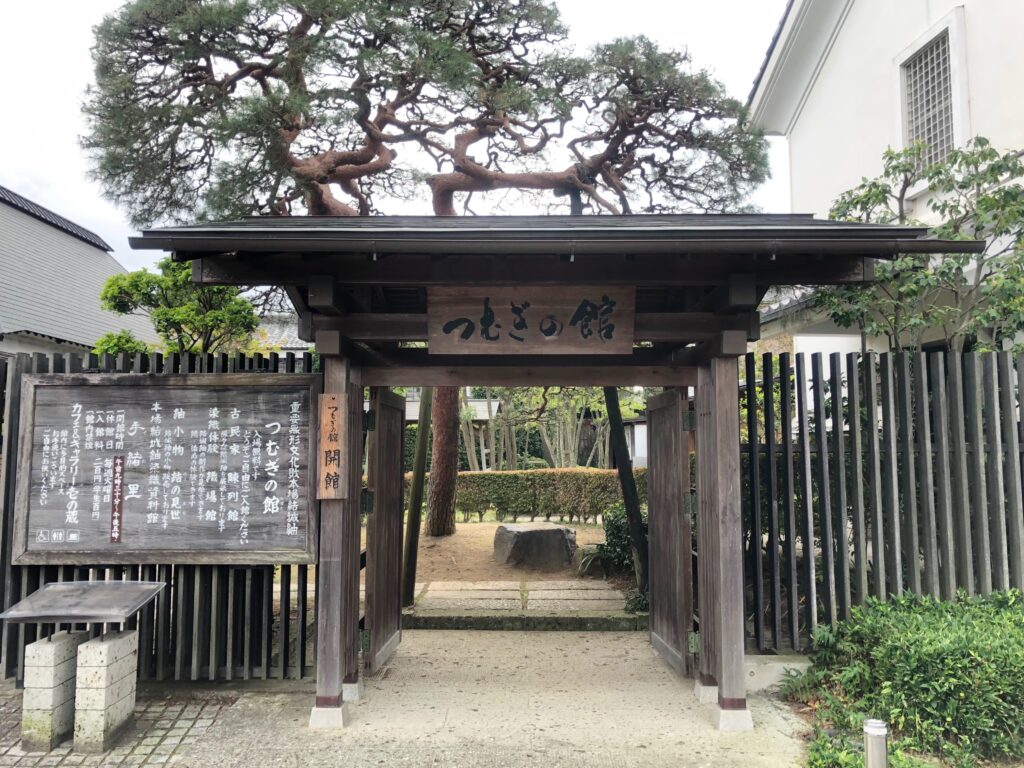
In Yuki City, there is a facility called the つむぎの館 (Tsumugi no Yakata) . The Tsumugi no Yakata is a comprehensive facility for the production of pongee silk, built on the premises of a wholesale store that manufactures pongee silk.
The Tsumugi no Yakata includes the “結いの見世 Yuinomise” store, where you can buy small items made from pongee, the “古民家陳列館 Old House Exhibition Hall,” where you can see antiques and other products made from pongee, and the “織場館 Weaving Hall,” where you can experience weaving and dyeing.
The area is lined with stores and cafes selling Yuki pongee
In the premises of the Tsumugi no Yakata, there are warehouses and earthen storehouses of a wholesale store that has been producing Yuki pongee since the Meiji era.
In addition, there are many stores and cafes selling Yuki pongee kimono along the street through the museum.
If you are interested in buying silk fabrics, accessories, or other products made from pongee silk, I recommend that you visit the Yuki Tsumugi Museum and other stores in the area. They have a wide selection of kimonos, obis, stoles, and even bags, and I’m sure you will find one of your favorite products. The price is high, so you would have to consult your wallet…
* There is a Japanese expression, “お財布に相談 Consult your wallet”.
My favorite is a shawl made of silk, which is very soft to the touch. I recommend silk shawls because they don’t prickle around the neck, and if you choose a thin one, it won’t get too hot in the summer.
Access, hours of operation and parking at Tsumugi no Yakata
| Access | Tsumugi no Yakata is a 10-minute walk from JR Yuki Station. |
|---|---|
| Address | |
| Opening hours | 9:30 to 17:00 |
| URL | Ibaraki Guide |
| Parking | Free parking is available in front of the building. |
Stores around Tsumugi no Yakata
Surrounding areas where you can enjoy walking
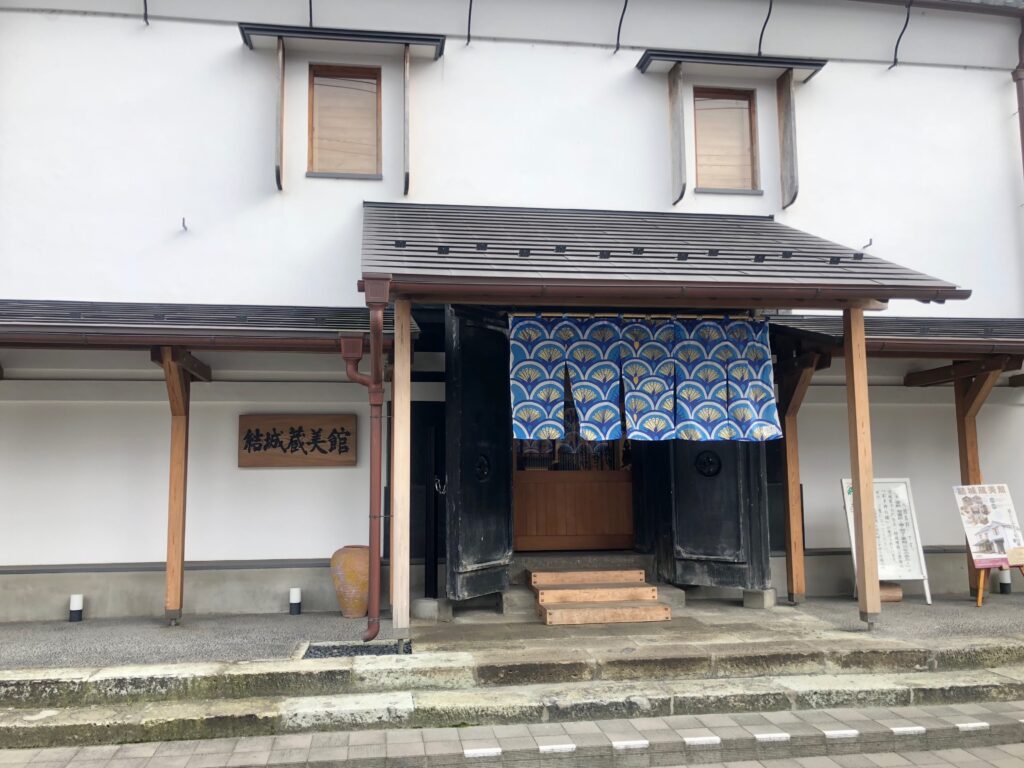
After visiting the Tsumugi no Yakata, why don’t you take a stroll around the neighborhood? Around the Tsumugi no Yakata, there are art galleries renovated from warehouses and delicious bakeries.
I’m secretly looking forward to seeing more and more fashionable stores in the streets around here.
Another Tsumugi Experience Facility
紬の里 Tsumugi no Sato (Village of pongee)
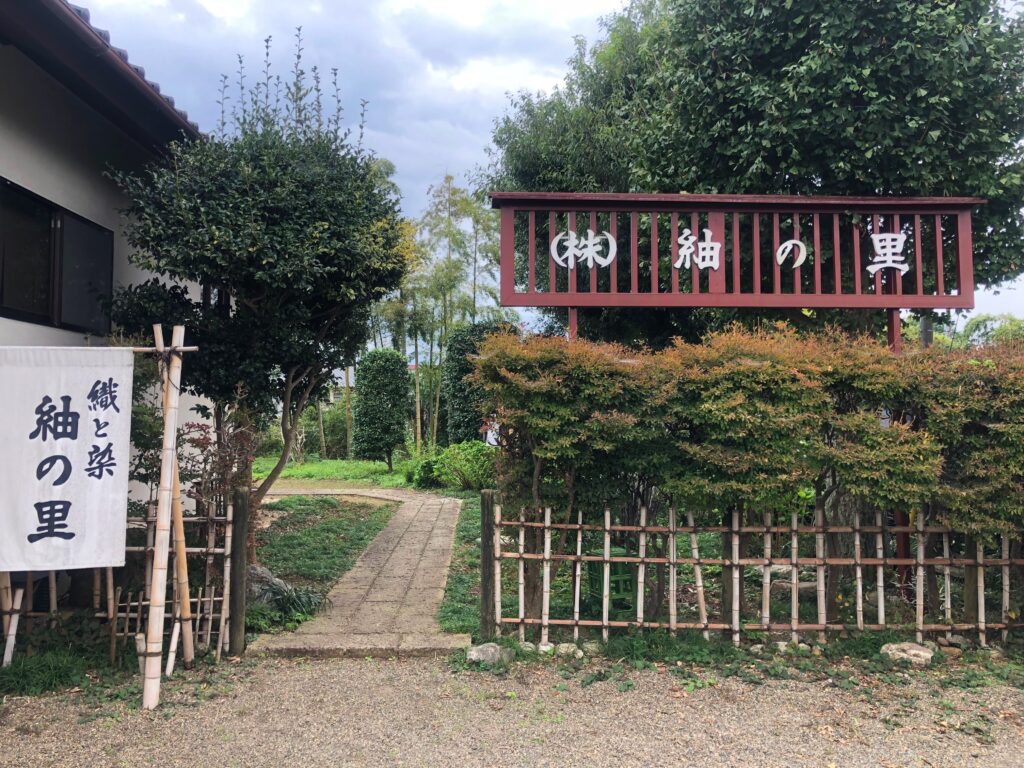
I would like to introduce another facility where you can experience pongee making in Yuki City. There is a pongee workshop called “紬の里 Tsumugi-no-sato”, which is a two-minute drive from the Tsumugi-no-Yakata, or an eight-minute walk.
At Tsumugi-no-Sato, you can experience weaving coasters and shawls, and dyeing handkerchiefs and bags with indigo dye.
At the back of the classroom, there is also a sales corner where you can buy small items made from pongee.
Access to Tsumugi-no-Sato, opening hours and parking
| Access | It is a two-minute drive from the Tsumugi no Yakata and an eight-minute walk. |
|---|---|
| Address | |
| Opening hours | 9:30 a.m. to 5:00 p.m. (10:00 a.m. to 4:30 p.m. on weekends) |
| URL | Official website |
| Parking | Available (free of charge) |
Summary of facilities where you can learn about Yuki Tsumugi
Recommended for those who want to experience pongee
I like pongee because it is simple and the patterns are simple, yet sophisticated. However, because it takes a lot of time and effort to produce, it has an image of being expensive.
Recently, not only kimonos but also bags and accessories made of pongee have been sold. I also use a shawl made of lattice mesh using pongee yarn, which is cool in summer and very comfortable to the touch. As you use it more and more, it becomes softer and softer and more comfortable on your skin. There is a wide variety of colors to choose from.
If you are interested in pongee or Yuki Tsumugi, why don’t you visit Tsumugi no Yakata or Tsumugi no Sato in Yuki City?
Sightseeing spots in the surrounding area
For more information on other tourist attractions, please read this article.

